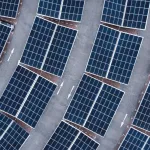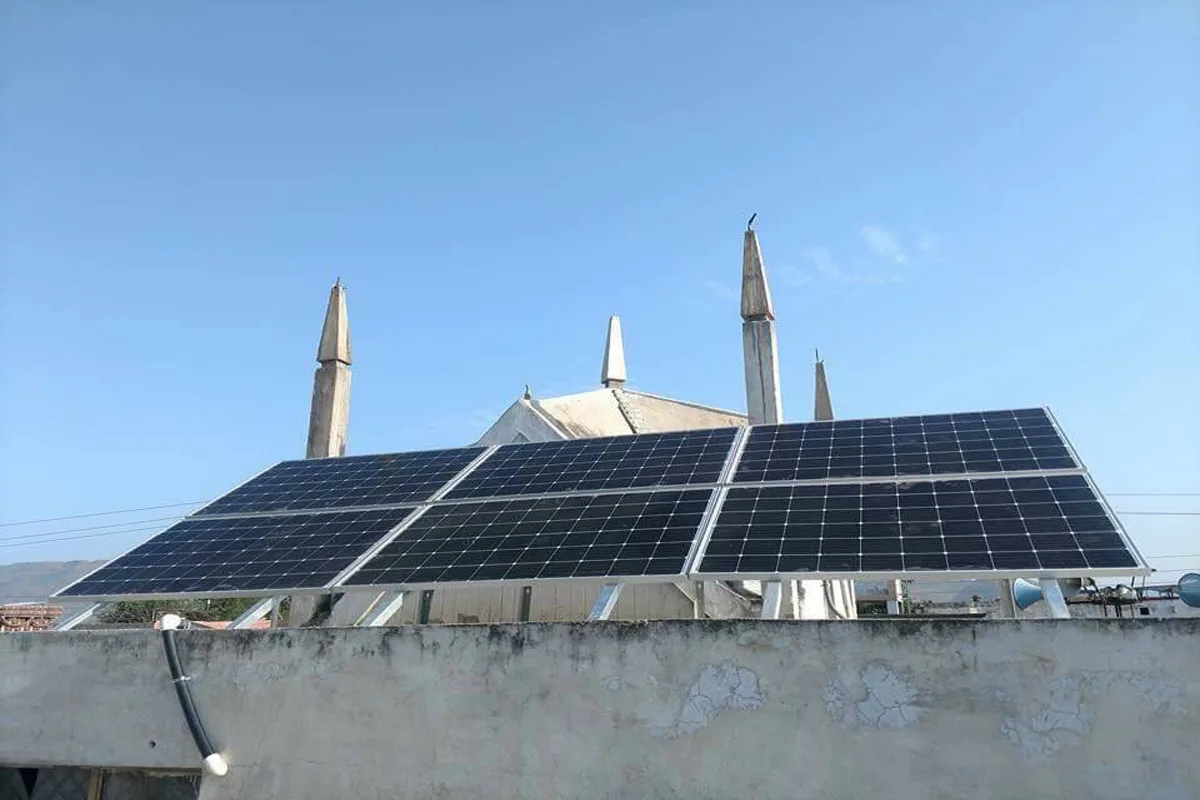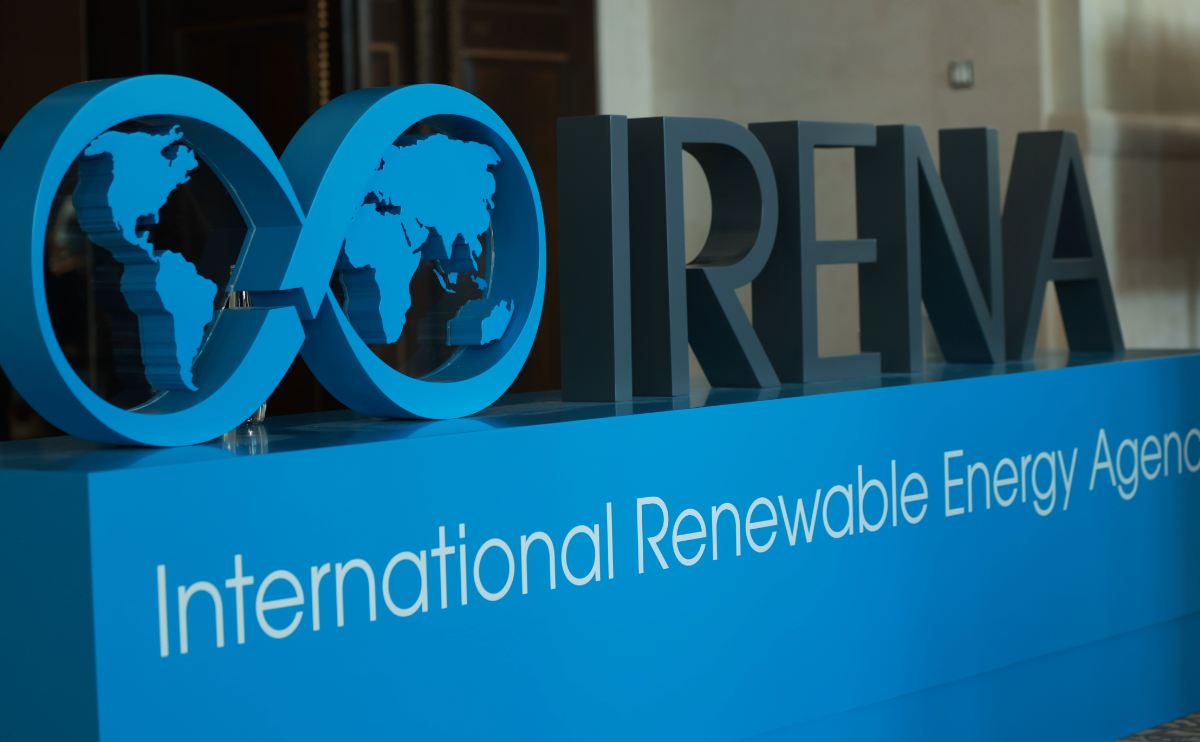
Solar Companies Increasing Debt Amid Stagnant Investor Interest
July 24, 2024
Integrating Renewable Energy in Flood Recovery
July 24, 2024The Khyber Pakhtunkhwa government has initiated several solar energy projects to address the electricity issues in the merged tribal districts, with some projects already successfully completed. Currently, 900 mosques and places of worship in these districts have been converted to solar energy, generating 1.73 MW of electricity daily and saving millions of rupees monthly.
This year, in the Khyber district, 1,100 schools and 3,050 mosques will be shifted to solar energy, and business centers will be connected to solar mini grids. The KP government aims to transition all offices and educational centers to solar energy and fulfill all promises made to the residents of the merged tribal areas.
These views were expressed by Haji Iqbal Afridi, a National Assembly member from the Khyber tribal district, during a meeting on the progress of ongoing solarization projects in the Khyber district, supervised by PEDO, a sub-entity of the KP Energy & Power Department.
The meeting, directed by Secretary E&P Nisar Ahmad Khan, included Chief Executive PEDO Engineer Riaz Ahmed Jan, Chief Planning Officer Energy Department Dr. Mohammad Kashif Khan, Project Director of Solar Energy Engineer Asfand Yar Khan, and NRTC representative Aamir Afridi.
During the briefing, Project Director Engineer Asfand Yar Khan stated that three major solar energy projects are ongoing in the Khyber district: the construction of a mini-grid in Bara Bazaar, solarization of 1,100 schools, and 3,500 mosques. The transmission line work is in its final stages, and the projects are expected to be completed by the end of this year.
The meeting also involved detailed discussions on the installation of solar systems and other related issues, including the identification of mosques and schools to be included in the projects.




